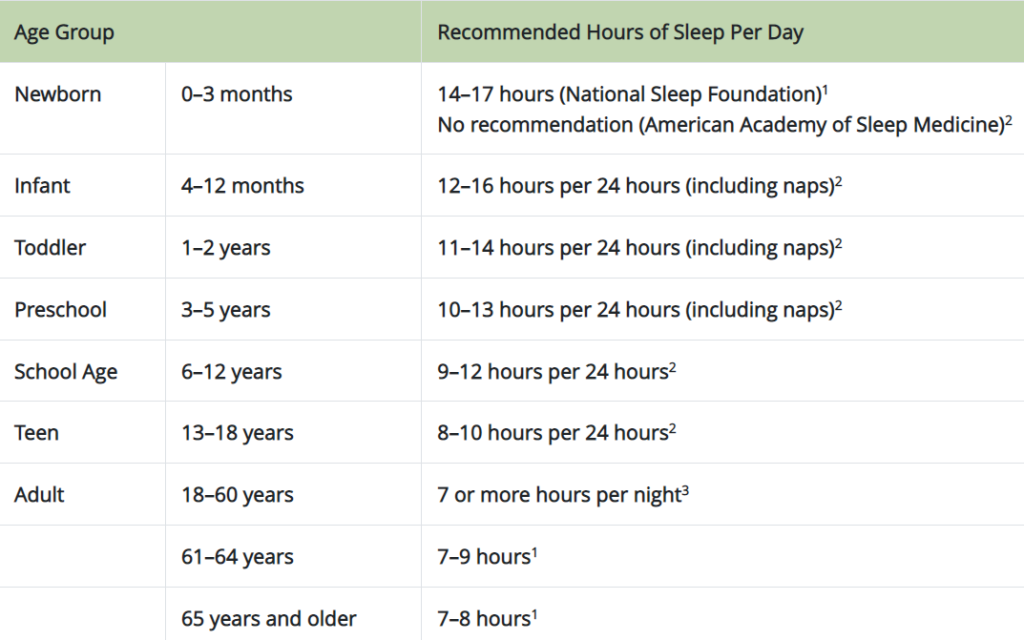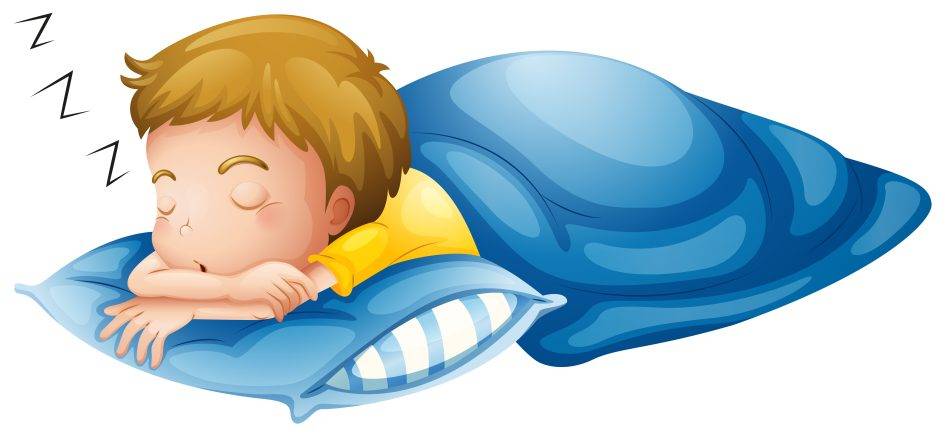Be it weekends or vacations, whenever we get an opportunity we SLEEP. Why, When, Where, and how much are many questions one can ask, but few questions are worth sleeping over. In this post, we intend to talk about it.
While wandering in a mall on a Sunday morning. Morning – not really because they open only by 11 am, presumably something to do with our sleeping pattern. Few shops were about to open and few already had, to pass the time we were categorizing shops as essentials and non-essentials. Two shops were up and ready on the first floor of R-City Mall – The Sleep Company and Duroflex, kids were not certain whether to categorize them as essential or leisure. What’s your opinion? How do we perceive it?
1. Sleeping is essential. I am not sure about the two shops though, but yes sleeping is. Most of us accumulate the entire week’s sleep and try to clear the backlogs over weekends.

The problem with such tees (quotes) is that we think getting up early is a painful task that we have to do during the weekdays and so Mondays are seen as dull and boring.
If we look into the history of sleeping, what was it like before the invention of light, and the industrial revolution? There were Mondays but no 9 to 5 job, humans were in sync with nature (comparatively). I found something interesting while digging down into the history of sleeping patterns back in the 17th & 18th centuries. Guess what, it was not one long sleep they took but a Biphasic Sleep!
People back then, would go down with the Sun maybe around 9 pm and sleep for a few hours and get up at midnight. Then they would stay up for a few hours to eat, drink, attend to children, or add wood to the fire before falling asleep for their second sleep phase. The period of wakefulness was known as “the watch“, one can understand how the watch can help families and couples to converse and discuss matters of the day. Sounds interesting right, the artificial lights have just puzzled us biologically, decreasing our melatonin levels and negatively impacting our sleep. Another version of Biphasic Sleep is the idea of a Siesta or afternoon nap which is much more common in today’s time.
2. How about leaving early from work and Sleeping? – Some people leave early from the office to Sleep, this only puts pressure on you to make the most of the ‘stolen‘ time. This can be avoided, better to do something enjoyable or relaxing like a walk or short run. After doing such activities you can align with your routine and come back to your biological pattern.
Now you must be thinking about what activities can be done, I would suggest creating a pleasure list.
| Activity | Enjoyment Rating |
| Walk between meetings in the sunshine | 7/10 |
| Step out to have a tender coconut or Salad | 8/10 |
| Chat with colleague | 4/10 |
| Eat Chocolate / Snacks | 6/10 |
| Listen to what you like /Watch an episode | 6.5/10 |
| Spend 10 mins on social media | 5/10 |
| Play with your children | 9/10 |
| Call your best friend and speak | 10/10 |
| Take a Shower | 7/10 |
| Go Shopping | 7/10 |
3. Sleep & different Age groups – If we consider the pleasure list, certain age groups may struggle to list more than 10, on the other hand, some may have so much to do that they don’t want to spend time sleeping. Yes, we are talking about our inability to switch off. Our constant thoughts and connectivity (notifications) make it harder than ever to disconnect physically and psychologically. It is difficult to read an email or WhatsApp and sleep without responding to it, you may feel obligated. This is for most of us surrounded by work but there is another age group that finds it difficult to sleep peacefully.
The teens or college students who want to be awake when others are sleeping and may have many activities to be rated 10/10 on the pleasure list with a wish to spend more amount of time on each activity. That’s also a reason why Energy Drinks advertisements target them.

The high amount of caffeine, coffee, and craze keeps them pumped up overnights. Researchers say, lack of sleep affects the immune system, hammers the sleeping pattern, and disturbs your mood. Creates frustration, leads to impulsive behavior, and severely lowers the ability to fight back. This is not just for the teens but for all age groups

4. Sleep and Snoring: Recall the night, when you had to sleep with someone making a heavy noise next to you, or maybe it was you 🙂 Snoring is more likely if you are overweight, smoke, drink alcohol, or lie on your back. Older people are also more likely to snore due to the relaxing of the muscle tone. Raising the head of your bed by 4 inches may help apart from avoiding all the things listed above that make you snore.
5. Stages of Sleep: When you sleep, your brain goes through natural cycles of activity.
Stage 1 – Everything starts to slow down, including your eye movement and muscle activity. Your eyes stay closed. If you get woken from stage 1 sleep, you may feel as if you haven’t slept at all.
Stage 2 – Your eye movement stops, heart rate slows and body temperature decreases. Your body prepares to enter deep sleep.
Stage 3 – This stage is deep sleep. It’s hard for someone to wake you up during this stage. If you’re woken up, you may feel groggy and disoriented for a few minutes.

The above three stages are generally categorized under NREM (Non – Rapid Eye Movement) as N1, N2, and N3. The next stage is REM.
Stage 4 – In this stage your brain activities pick up, sometimes the level of activity is the same as when you are awake. At the same time, the body experiences atonia, which is a temporary paralysis of the muscles, with two exceptions: the eyes and the muscles that control breathing. Even though the eyes are closed, they can be seen moving quickly, which is how this stage gets its name.

6. Dreams – How can we not discuss dreams and close the post on sleep? Our last power point is about the dreams and it’s interpretation. Originating from stage 4, most of us would have experienced it in our lives when we were in a situation (in a dream) and we were unable to do much (physically). That’s because in stage 4 REM we have just the brain active without any muscle movement. Some dreams are pleasing while some are nightmares. There are many ways to interpret dreams, some are driven by belief systems (religion), personal interpretation (situational), or scientific analysis (psychology) but there is no concrete or the only correct way to interpret them. Listing some common dreams from the book – The Science of Sleep for your reference:
| Dreams | What it means |
| Being Chased | You are avoiding something that is causing you anxiety or that you fear. |
| Being unprepared for an exam | Lack of confidence |
| Flying | High expectations and a desire to achieve more. Or a feeling that you are doing really well. |
| Falling | Anxiety and fear of failure |
Sleep is a period of rest, your body is relaxed and the consciousness of the surrounding is suspended. Coming back to the mall, I completed reading the book (Science of Sleep) at crosswords; after visiting the two shops – The Sleep Company and Duroflex, selling mattresses of supreme quality each one having its own depth! ranging from 15,000 INR to 1,50,000 INR. The new beds too come with different massage and sleeping modes, shifting essentials to luxury. Which one to choose? ask yourself a simple question: What do I need for a sound Sleep?
Our answers would vary but certainly, the orthopedic memory foam mattresses are not the only thing we need. A natural lifestyle that does not force us to stay awake, take too much pressure, or worry is what we should look forward to. Thanks for reading, I hope you were able to pick up something useful from the post – Have a great Sleep!
